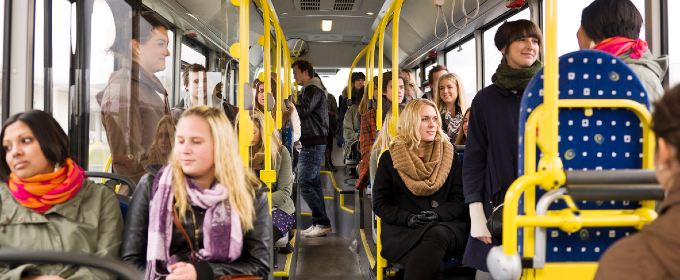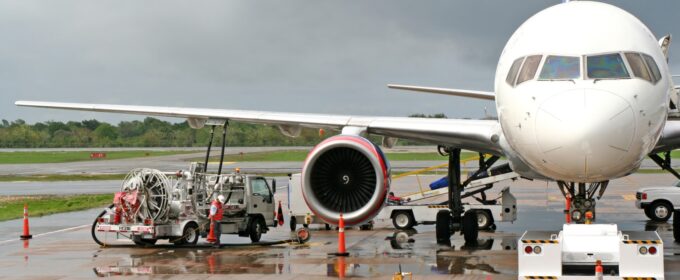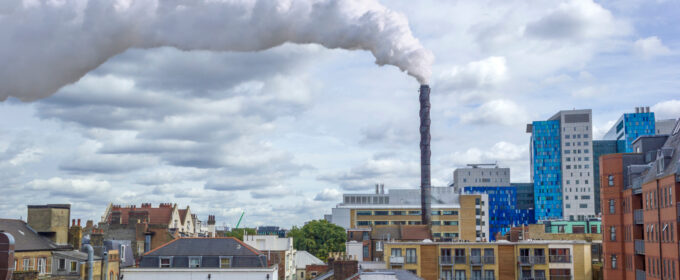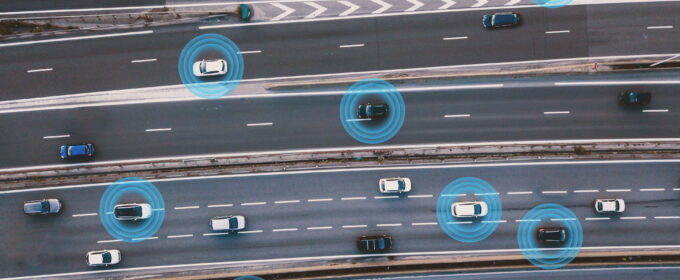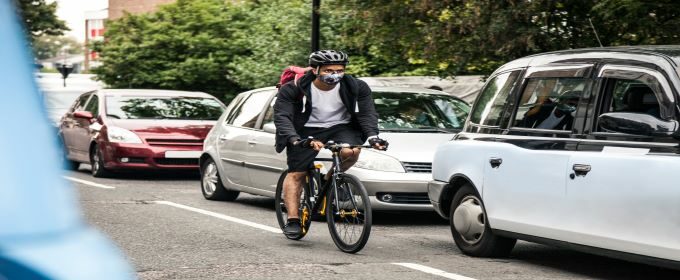While electric vehicle (EV) sales continue to rise, EV ownership remains inaccessible to large portions of the population. Research by Helen Zheng and Arijit De addresses this by using geospatial analysis and agent-based simulations (ABSs) to identify priority areas for EV infrastructure in Greater Manchester (GM). In this article, they discuss how these steps will […]


